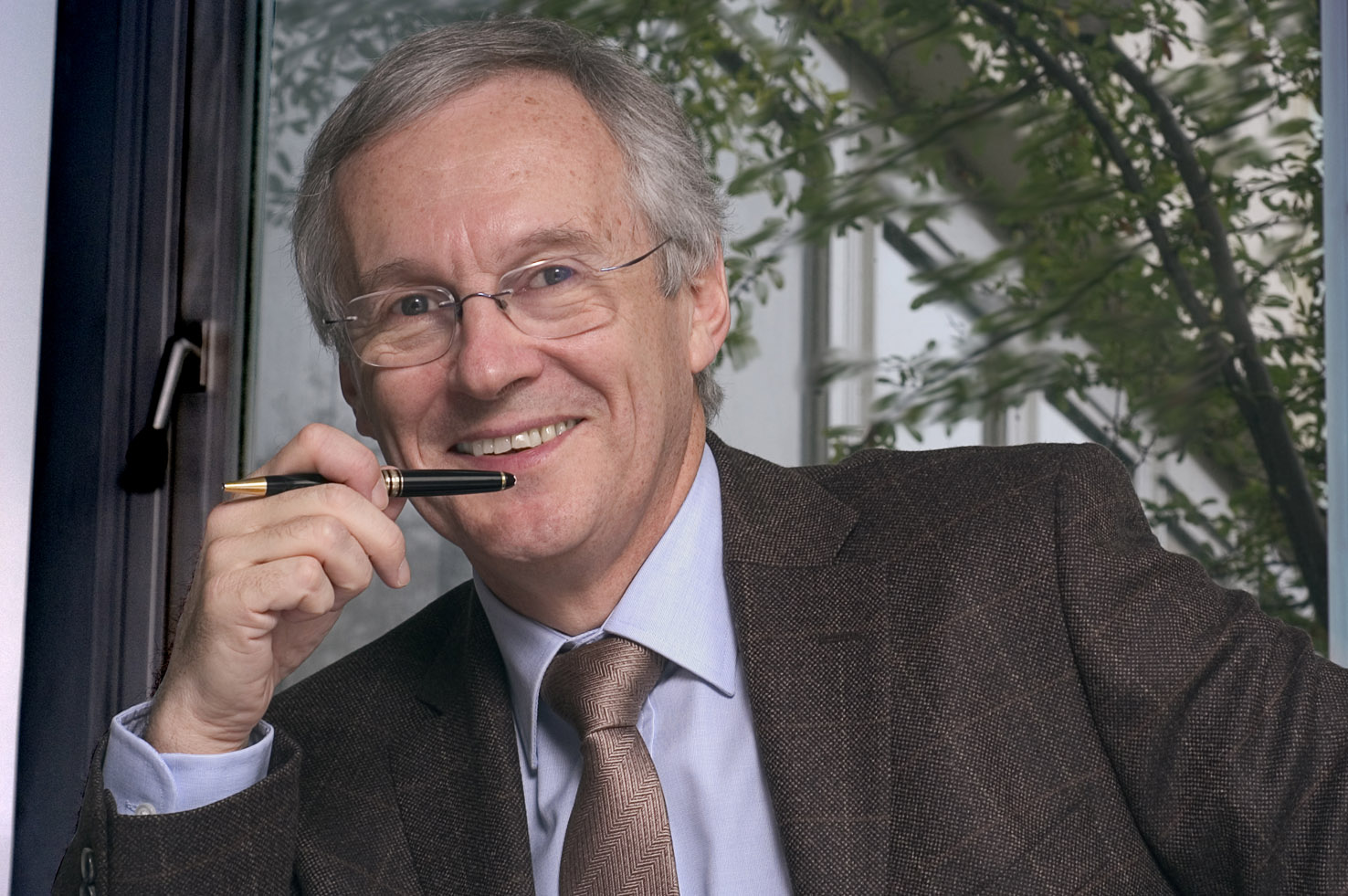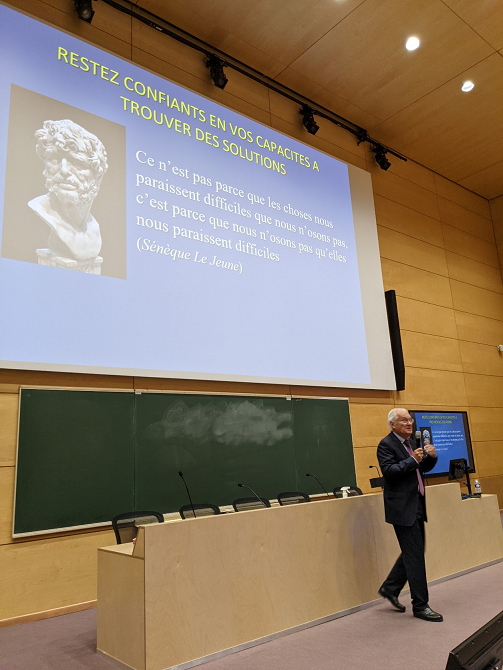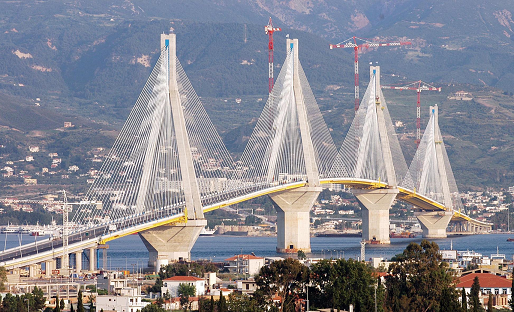The Eighteenth Mallet-Milne Lecture
Alain Pecker
Interrelationships between Practice, Standardisation and Innovation in Geotechnical Earthquake Engineering

Alain Pecker
Introduction
Prof Alain Pecker was elected to deliver the 18th Mallet-Milne Lecture in 2023, having been nominated as the preferred speaker for this event by the SECED Committee. The nomination was given in recognition of Prof Pecker's long and distinguished career and his significant contributions to the theory and practice of geotechnical earthquake engineering. The 18th Mallet-Milne Lecture took place in the Telford Theatre in the ICE Headquarters in Westminster, London, on 31st May 2023.
A short synopsis of the lecture is given below.
Synopsis
Any large civil engineering project has the peculiarity of being a prototype. While experience gained from previous works is undoubtedly useful and fundamental, each new project must take into account technical factors, such as the environmental conditions in a broad sense, but also specific non-technical factors which can have a profound impact on the design. The situation is even more critical in seismic areas because very few similar structures, if any, have suffered from earthquakes. Facing this situation the designer may feel helpless because, on the one hand, seismic (building or bridge) codes do not cover their problem and, on the other hand, precedents are unavailable and research has not yet progressed to a point where its results can be used. However, one should always keep in mind Louis Pasteur's address, "Often engineers are bound to solve problems although on those specific issues science is not achieved. Gentlemen, you must find practical solutions, even facing uncompleted science." This is clearly the place where innovation can come to the rescue of the designer. Innovation must not be confused with research: research is a long term process, often conducted by academics, while innovation comes from an outstanding idea promoted by one person, or a small group of persons, usually issued from practitioners. Nevertheless, practice, innovation and research do not belong to different worlds. Obviously, they are interrelated; they benefit from a close understanding and collaboration between the different communities, and they have important implications for the initial formation of engineers, continuing education, code development, etc… To be accepted by the scientific community, innovation must obey certain rules: scientific soundness, simplicity to be easily understood, due recognition of uncertainties, collaboration between concerned parties (owner, designer, checker, construction engineers) and should consider constraints related mainly to the available time frame for its development, safety of the built structure and, to a lesser extent, economy.
Based on few examples encountered during Prof Pecker's professional career (Rion Antirion bridge, administrative building in Fort de France, Atlantic bridge in Panama), the lecture discussed these different aspects and illustrated the domain of application and interrelationship between standardization, innovation and research.
Biography
Prof Pecker graduated from Ecole Nationale des Ponts et Chaussées in 1972 and obtained a Master of Science degree from the University of California, Berkeley, in 1973. Until 2015 he was Chairman and Managing Director of Géodynamique et Structure, a French engineering consulting firm he founded 42 years ago; upon retiring he became independent consultant. He has contributed to several major worldwide civil engineering projects in seismic areas. He is Past President of the French Society of Soil Mechanics and Geotechnical Engineering, Honorary President of the French Association on Earthquake Engineering and member of the executive committee of the European Association for Earthquake Engineering. He was elected to the French National Academy of Technologies in 2000. He is a member of the drafting panel of Eurocode 8 and President of the French Committee for seismic codes. He has served as Professor at Ecole Nationale des Ponts et Chaussées and at the European School for Advanced Studies in Reduction of Seismic Risk (IUSS of Pavia, Italy). He has authored more than 150 technical papers, been invited as keynote speaker in conferences and received several awards for his work, most notably twice from the French National Academy of Sciences.
Further information
The lecture was recorded and can be viewed online here.
Access to manuscript
The manuscript accompanying the lecture has been published as a special issue in the Bulletin of Earthquake Engineering (volume 21, issue 6). The special issue is freely available online via Springer until 7 June 2023. Please follow this link to access the publication. SECED is currently negotiating with Springer for indefinite open access to the publication.
A limited number of printed copies are available to purchase for £25 per copy plus postage. To purchase a copy, please send an email to



